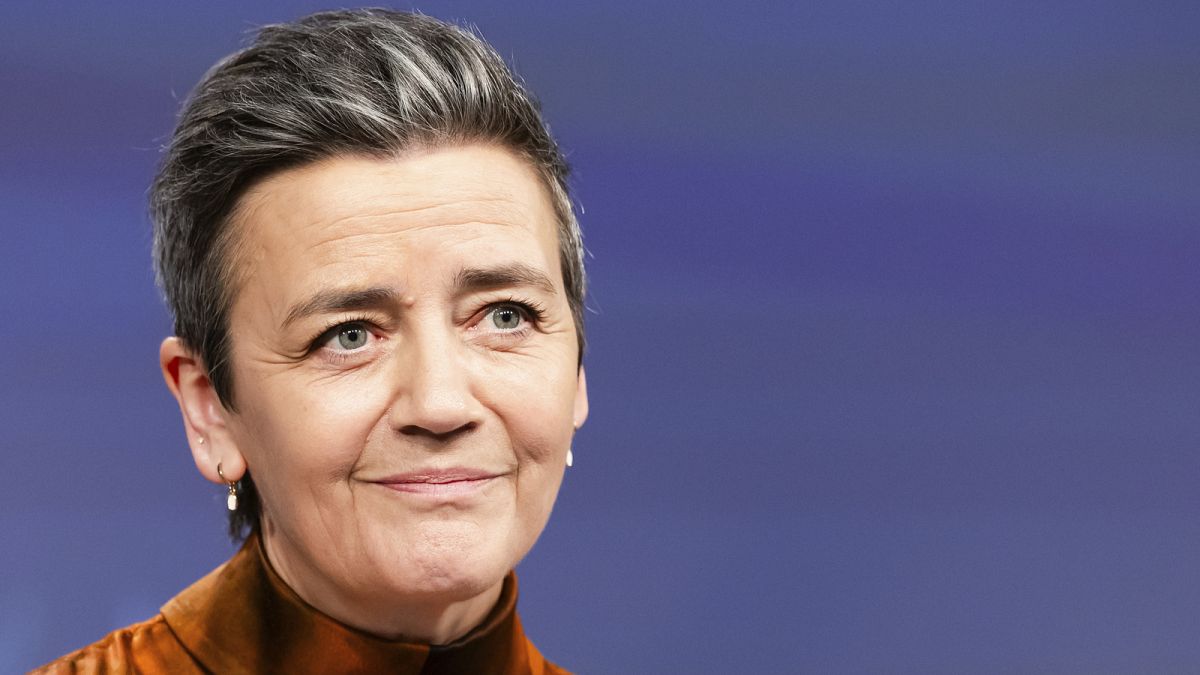Margrethe Vestager, the outgoing European Commissioner, has criticized EU governments for not supporting Ursula von der Leyen’s efforts to appoint a gender-balanced team of Commissioners. Von der Leyen had requested that each member state nominate both a male and female candidate to ensure proper gender representation in her executive team. However, most countries have not followed through with this request, with only Bulgaria being the one to meet the criteria. Vestager expressed disappointment in the lack of commitment to gender equality from member states, emphasizing the importance of having both men and women in leadership roles.
Von der Leyen’s push for gender balance in her Commission is part of her broader efforts to ensure that diverse perspectives and experiences are represented in the EU executive. Vestager, who has been a prominent figure in European politics for the past decade, emphasized the need to have a fair representation of both genders in leadership positions. She highlighted the importance of showing young boys and girls that leadership means men and women working together. Vestager’s comments reflect a broader conversation about the importance of gender equality in politics and the need for more women in leadership roles.
Vestager has been a vocal advocate for gender equality throughout her time as EU Commissioner, using her position to promote fairness and diversity in decision-making processes. She has been instrumental in enforcing antitrust regulations and challenging big tech companies for market dominance abuses. Vestager’s reputation as a strong advocate for gender equality has earned her a spot on TIME magazine’s list of the world’s most influential people. She has also played a key role in shaping the EU’s digital rulebook and regulations on artificial intelligence technology.
Despite the challenges in achieving gender balance in the EU executive, Vestager remains hopeful for the future of leadership roles in Europe. She has expressed a desire to continue her work in promoting fairness and diversity even after her term as EU Commissioner ends. Vestager believes that reflecting different life experiences and perspectives in leadership positions is crucial for the success of the Commission. She also emphasized the importance of inspiring young people by showing them that men and women can work together as leaders.
Vestager’s comments come at a time when gender equality in politics is a pressing issue, with many organizations and governments working towards achieving better representation of women in leadership roles. The lack of progress in appointing female candidates to the Commission highlights the ongoing challenges women face in breaking into leadership positions. Vestager’s advocacy for gender equality serves as a reminder of the importance of promoting diversity and inclusivity in decision-making processes and ensuring that all voices are heard in shaping the future of the European Union.
In conclusion, Margrethe Vestager’s criticism of EU governments for not supporting Ursula von der Leyen’s efforts to appoint a gender-balanced team of Commissioners sheds light on the ongoing challenges of achieving gender equality in politics. Vestager’s advocacy for diversity and inclusivity in leadership roles reflects a broader conversation about the importance of gender representation in decision-making processes. As Vestager prepares to leave her role as EU Commissioner, her dedication to promoting fairness and diversity serves as a reminder of the ongoing work needed to achieve gender equality in leadership roles. By highlighting the significance of having both men and women in leadership positions, Vestager’s comments offer valuable insights into the importance of building a more inclusive and representative Commission.










